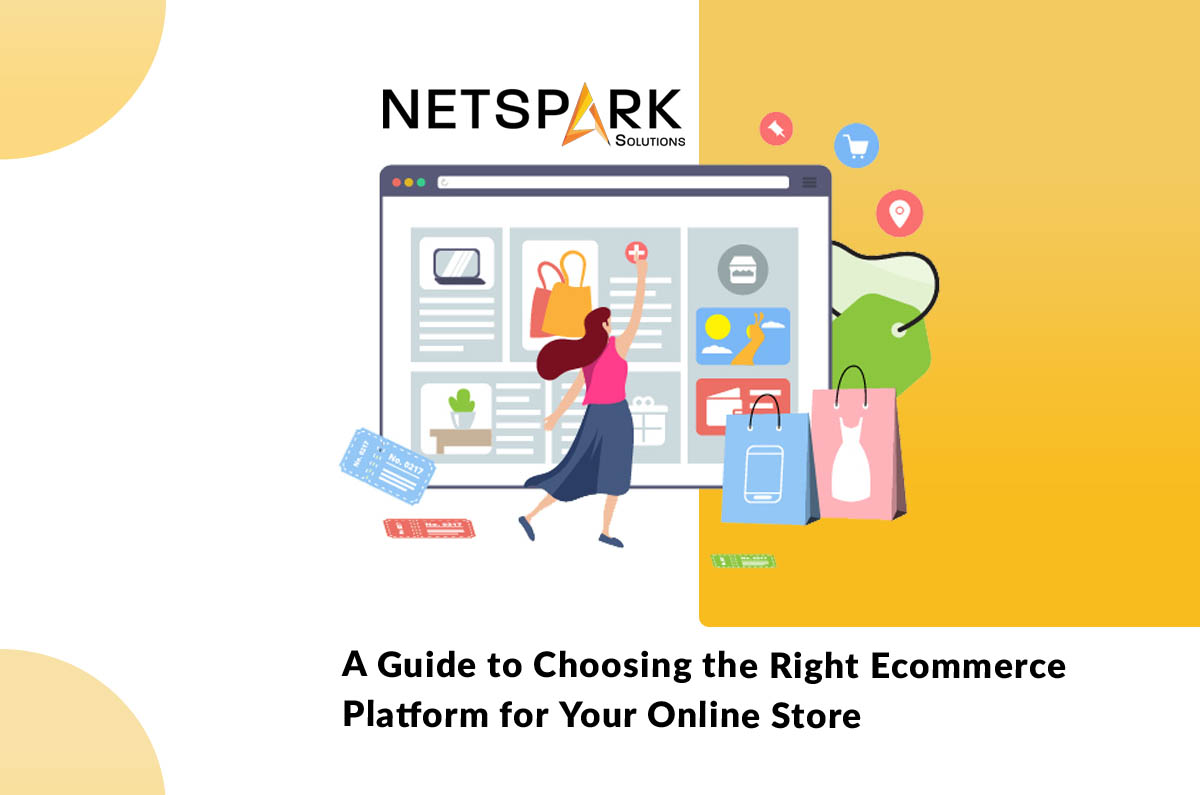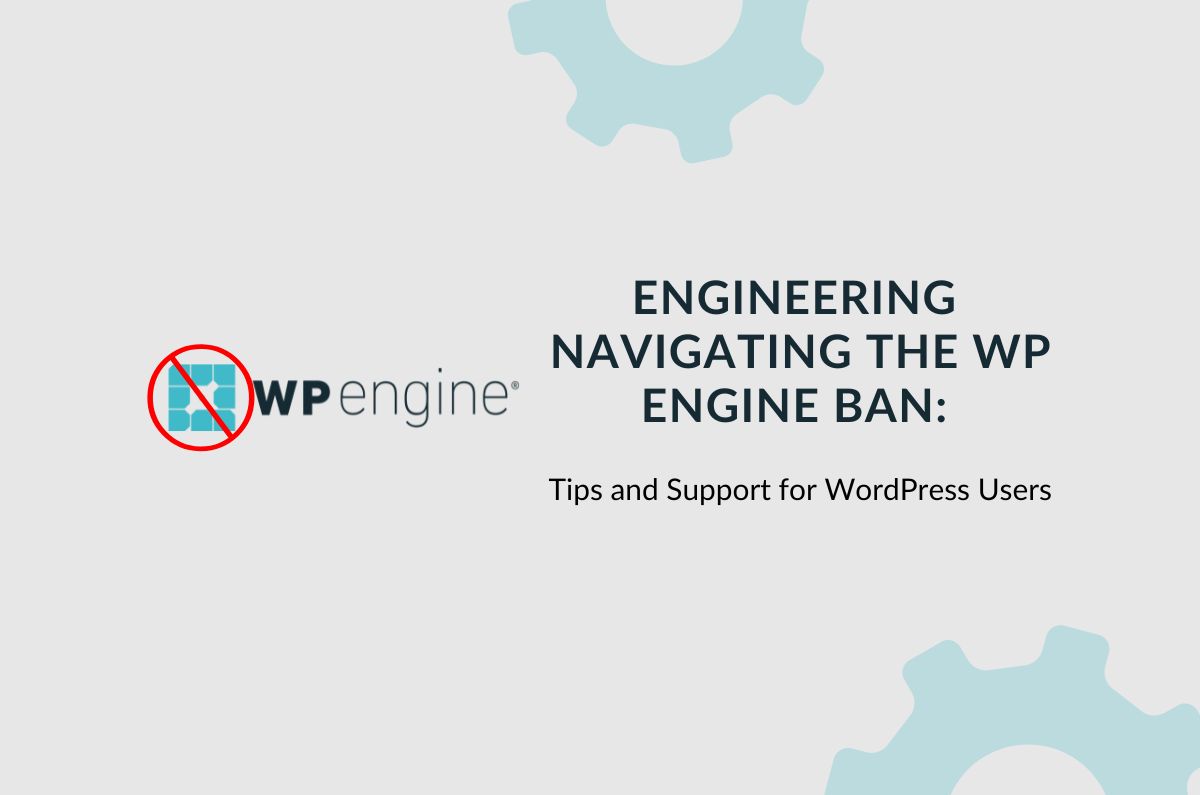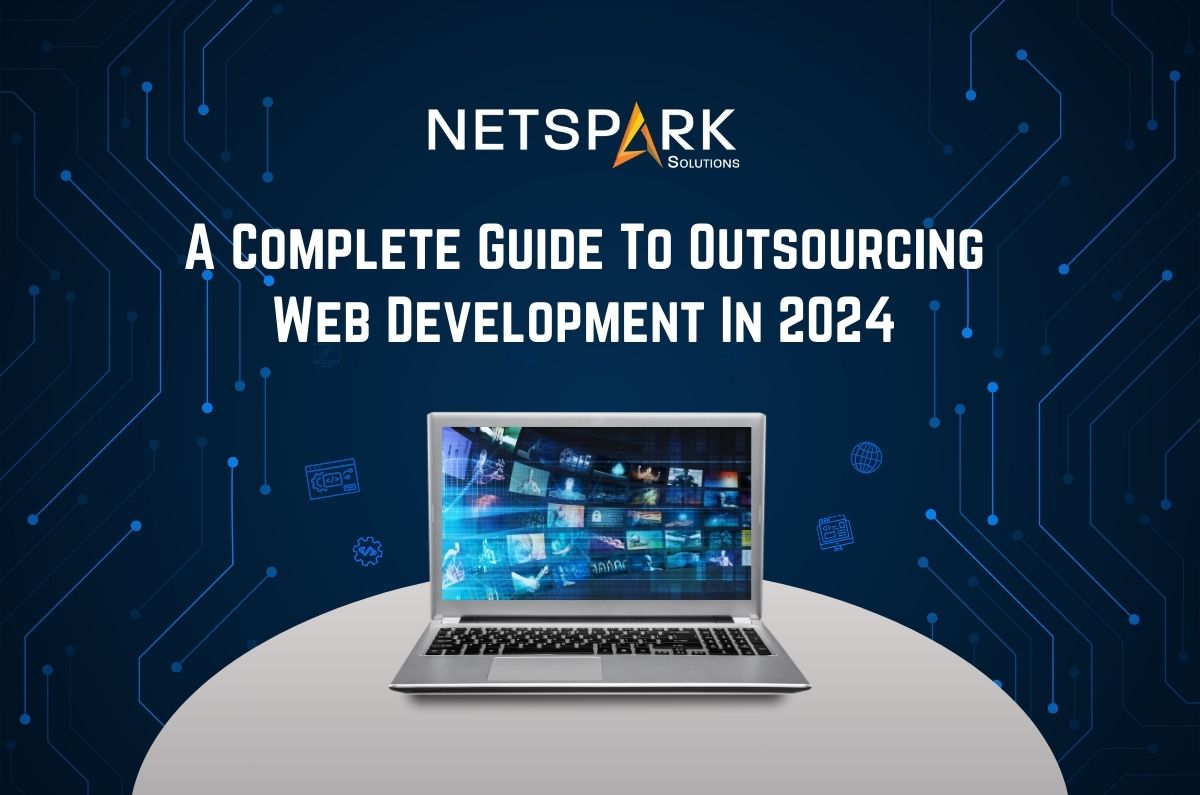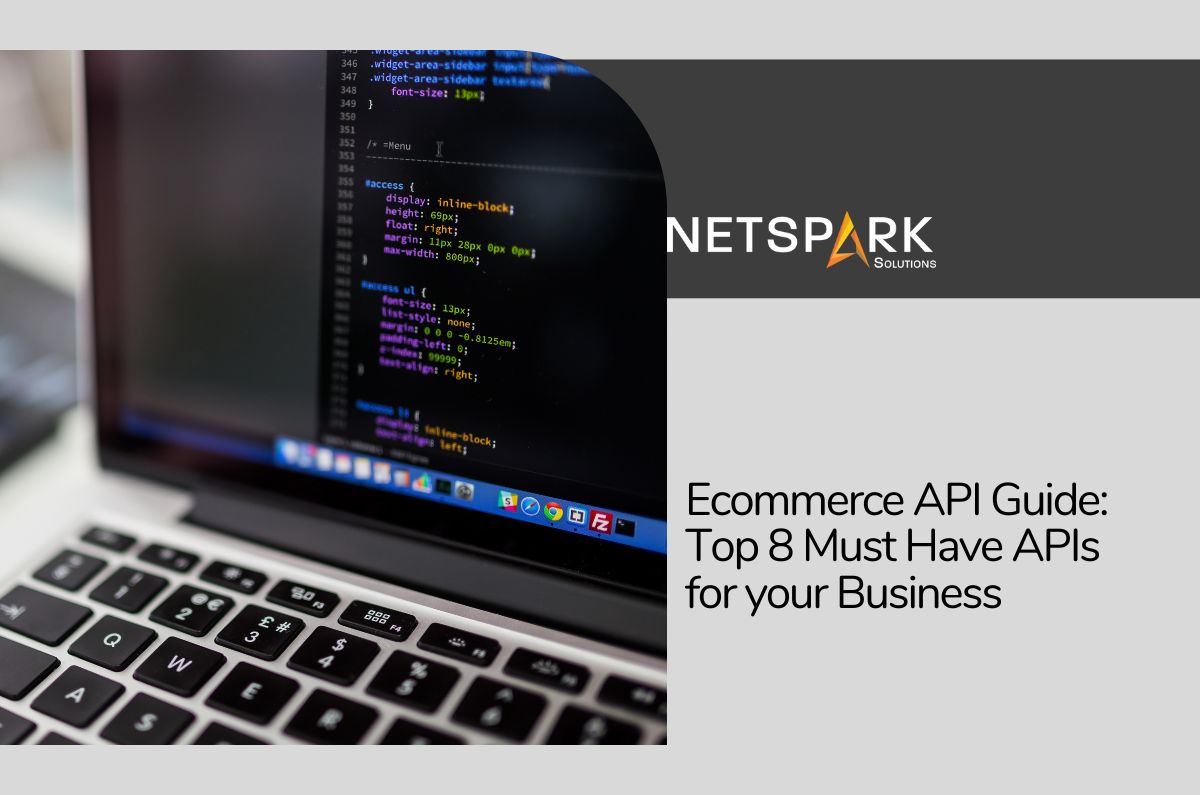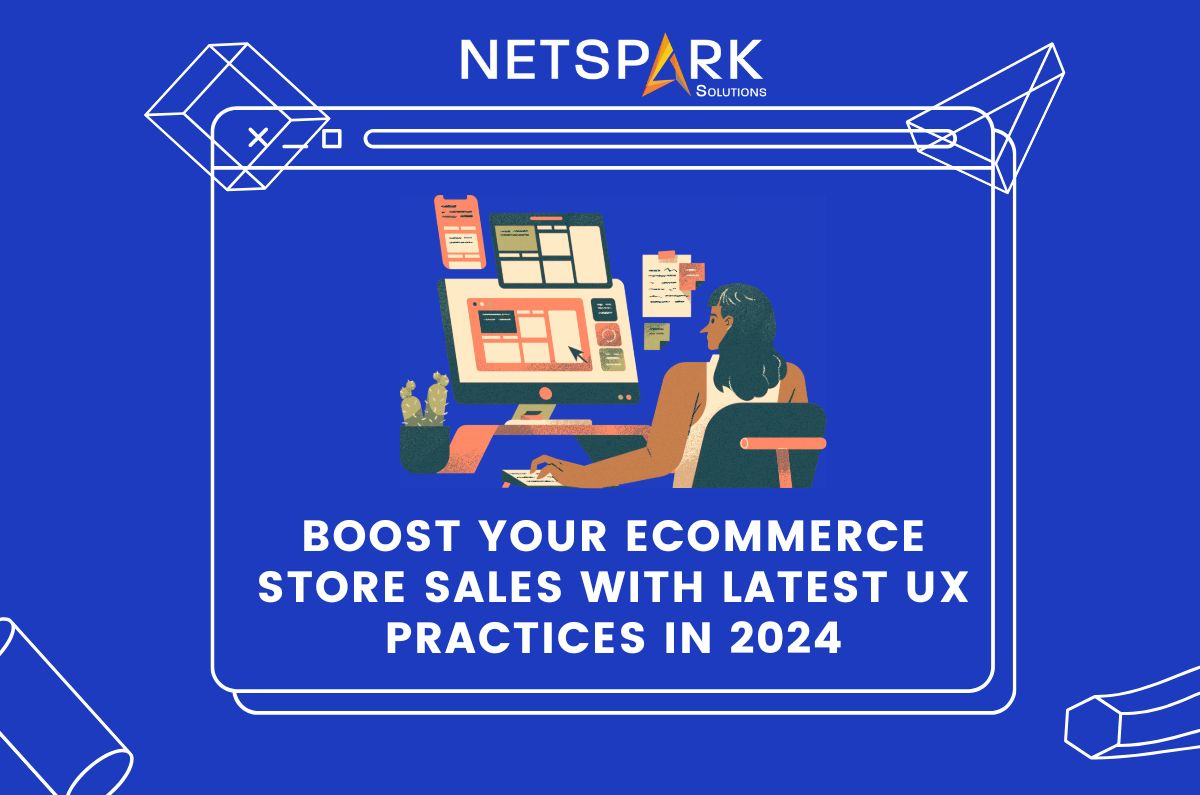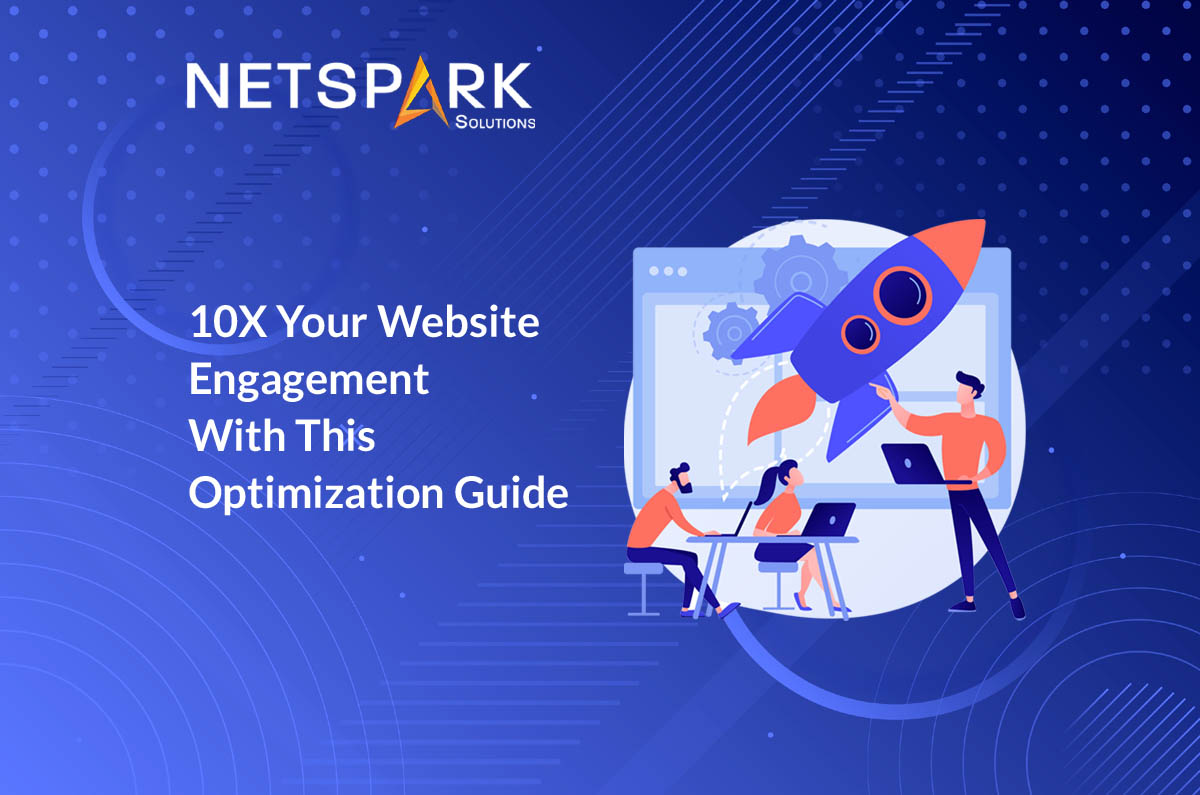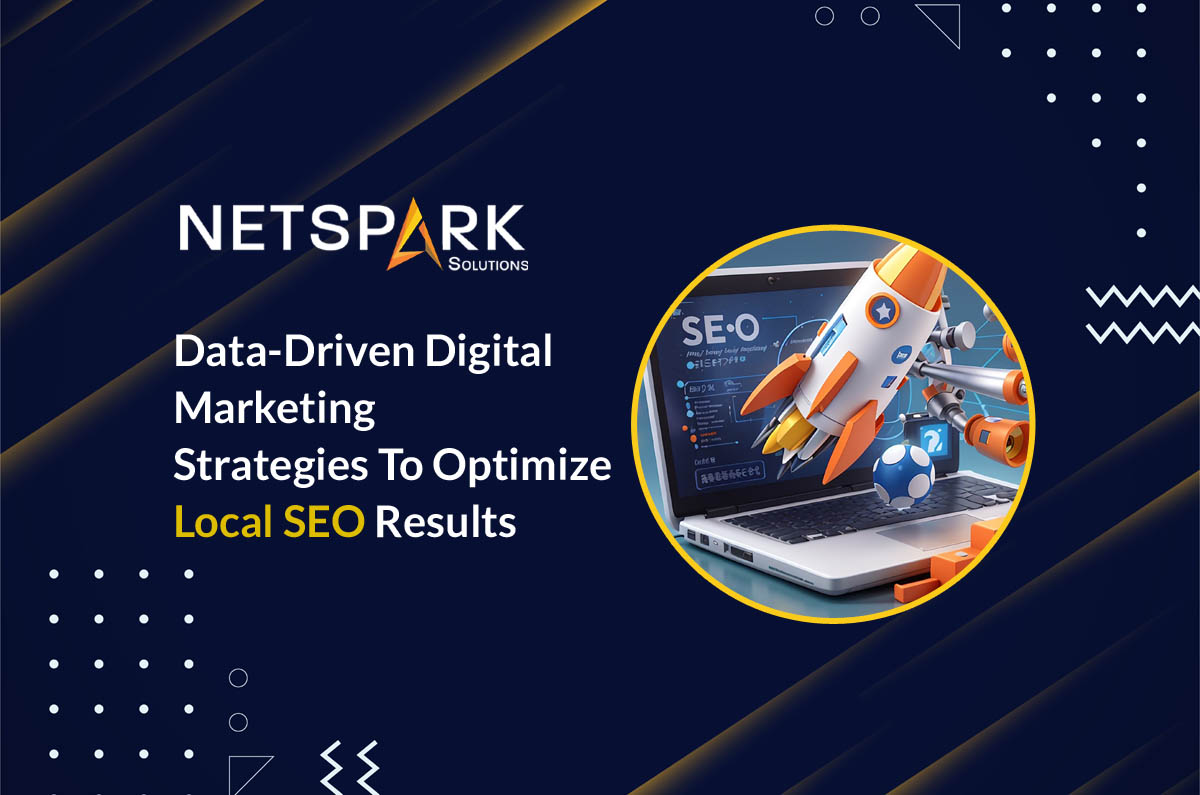The ecommerce industry is booming every year. As of 2023, there are more than 1 million active ecommerce stores in the market. What’s more interesting is that new businesses are constantly seeping in to be part of this multi-billion dollar industry.
However, it’s also worth noting that achieving success as an ecommerce business is not easy, thanks to the extensive competition. If you want to build a successful ecommerce business, it’ll be necessary to choose the right ecommerce platform. For readers who don’t know, an ecommerce platform is a dedicated website builder specifically designed to help merchants set up and manage their online stores.
Today, the Internet is stacked with different types of ecommerce platforms you can use to build an online shop. All these platforms cater to different business requirements, which means your goal should be to pick a solution that aligns with your business goals.
So, we have put together a comprehensive guide on how to choose the right ecommerce platform to build an online store in 2023.
Determine Your Store’s Requirements
Before diving into the world of ecommerce platforms, it is crucial to assess your store’s requirements. Consider factors such as your business size, product range, target audience, scalability needs, and desired features. Create a comprehensive list of must-have features, including inventory management, payment gateways, mobile responsiveness, SEO capabilities, and marketing tools. Understanding your specific needs will help you narrow down your options.
Assess Ease of Use
When selecting an ecommerce platform, ease of use is paramount. You should be able to navigate the platform effortlessly and manage your store efficiently. Look for a platform with an intuitive interface, user-friendly backend, and simple content management system (CMS). Additionally, ensure that the platform offers ample customer support, tutorials, and documentation to assist you along the way.
Scalability and Flexibility
Consider the future growth potential of your online store. As your business expands, your ecommerce platform should be able to accommodate increased traffic, product range, and functionality. Choose a platform that allows for easy scalability, enabling you to add new features, integrate third-party applications, and handle higher transaction volumes. Scalability ensures that your online store can grow with your business without the need for a platform migration.
Mobile Responsiveness
In the mobile-driven era, a responsive online store is crucial for success. Your ecommerce platform should offer mobile-friendly themes and responsive design, ensuring a seamless shopping experience for customers across various devices. Mobile responsiveness not only enhances user experience but also boosts your search engine rankings, as search engines prioritize mobile-friendly websites.
Integration Capabilities
Consider the integrations you require to streamline your store’s operations. Look for an ecommerce platform that seamlessly integrates with popular payment gateways, shipping providers, inventory management systems, and marketing tools. Integration capabilities will help automate tasks, improve efficiency, and provide a seamless experience for both you and your customers.
Security and Compliance
The security of your online store and customer data should be a top priority. Ensure that the ecommerce platform you choose adheres to industry security standards, including SSL encryption, secure payment gateways, and data protection measures. Compliance with relevant regulations such as GDPR (General Data Protection Regulation) and CCPA (California Consumer Privacy Act) is also crucial, especially if you deal with customers from the European Union or California.
Pricing and Cost Considerations
Ecommerce platforms come with various pricing structures, including monthly subscriptions, transaction fees, and additional charges for certain features. Consider your budget and evaluate the pricing plans of different platforms. Keep in mind that while some platforms may offer lower upfront costs, they might have limitations or hidden fees that can impact your profitability in the long run. Look for a platform that aligns with your budget while providing the necessary features for your online store’s success.
Reviews and Recommendations
Before making a final decision, research customer reviews and recommendations about the ecommerce platforms you are considering. Pay attention to the experiences of businesses similar to yours. Take note of any recurring complaints or praise regarding the platform’s performance, customer support, and overall user experience. This research will provide valuable insights and help you make an informed choice.
Top 5 Ecommerce Platform You can Use to Build Sales-Driven Ecommerce Stores in 2023
Now that you’re familiar with how to make the right decision while choosing an ecommerce platform, let’s take a look at the most reliable ecommerce platforms you can use to devise your online store.
Shopify
Shopify is one of the leading ecommerce platforms known for its user-friendly interface and extensive range of features. It offers a variety of templates, customizable designs, secure payment options, and seamless integrations. Shopify is suitable for businesses of all sizes, from small startups to enterprise-level operations.
WooCommerce
Built as a plugin for WordPress, WooCommerce is a popular choice for businesses already using WordPress for their website. It offers a flexible and customizable platform, along with a wide range of plugins and extensions for additional functionality. WooCommerce is known for its ease of use and scalability.
Magento
Magento is a robust and feature-rich ecommerce platform that caters to medium to large enterprises. It offers advanced customization options, extensive integrations, and powerful built-in features for managing complex product catalogs and large-scale online stores. Magento provides both a free open-source version (Magento Open Source) and a paid enterprise version (Magento Commerce).
BigCommerce
BigCommerce is a cloud-based ecommerce platform that offers a comprehensive set of features, including responsive templates, built-in SEO tools, secure payment gateways, and multi-channel selling capabilities. It is suitable for businesses of all sizes and provides scalability and flexibility.
Salesforce Commerce Cloud
Formerly known as Demandware, Salesforce Commerce Cloud is a robust enterprise-level ecommerce platform. It offers advanced features for personalization, AI-driven recommendations, omni-channel commerce, and seamless integration with other Salesforce products. Salesforce Commerce Cloud is designed for large-scale businesses with complex requirements.
Conclusion
Selecting the right ecommerce platform for your online store is a crucial decision that can greatly impact the success of your business. By following the steps outlined in this guide, you can make an informed choice that aligns with your specific requirements and long-term goals.
First and foremost, assessing your store’s requirements is essential. Consider your business size, product range, target audience, scalability needs, and desired features. This evaluation will help you create a comprehensive list of must-have features and narrow down your options.
If you are looking for a team of experienced ecommerce website developers, get in touch with Net Spark Solutions. We have in-house ecommerce development experts who’ll analyze your business requirements and help you choose the right ecommerce platform accordingly.

